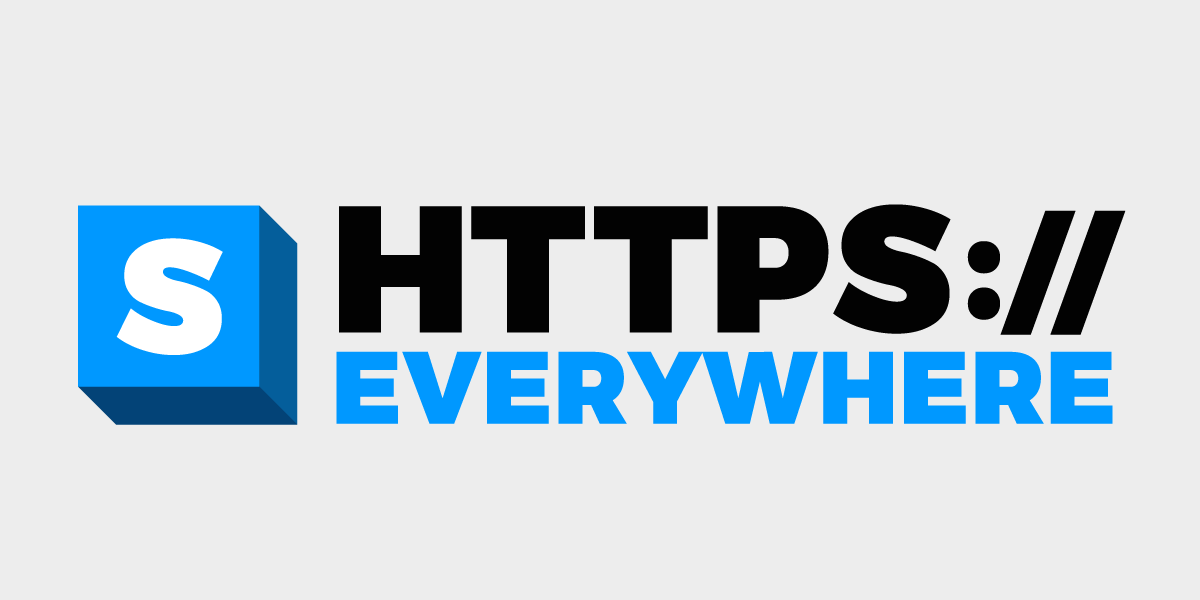I just don't want this guy monitoring my Internet.
His government has committed to introducing the bill mentioned above, Bill C-51, into parliament within 100 days. His party has a majority, so he can do whatever he pleases, subject to internal party pressure.
Are we going to be able to redesign HTTPS in less than 100 days? Hell no. BUT we can start a movement to *use* HTTPS to voluntarily encrypt almost Internet traffic using AES, TLS, and CAcert.
We need to start now because if Harper gets away with Bill C-51, other countries will surely follow. It's best to be pre-emptive and encrypt now, rather than later.
His government has committed to introducing the bill mentioned above, Bill C-51, into parliament within 100 days. His party has a majority, so he can do whatever he pleases, subject to internal party pressure.
Are we going to be able to redesign HTTPS in less than 100 days? Hell no. BUT we can start a movement to *use* HTTPS to voluntarily encrypt almost Internet traffic using AES, TLS, and CAcert.
We need to start now because if Harper gets away with Bill C-51, other countries will surely follow. It's best to be pre-emptive and encrypt now, rather than later.







Comment